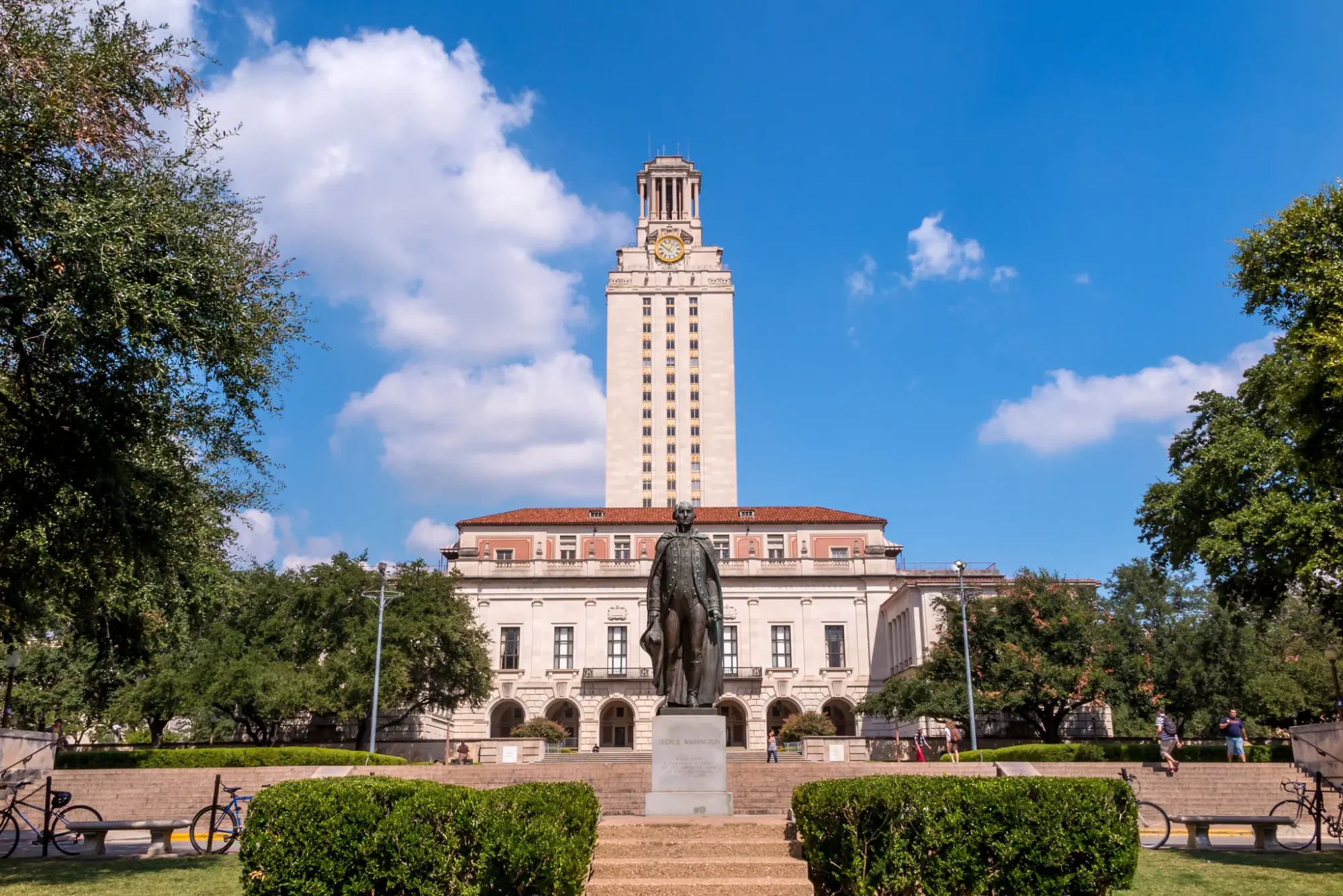Many view federal student loans as an inherently good thing. The loans give all students access to a guaranteed loan amount, fully or partially subsidized by the federal government. In theory, this would allow more middle and low-income students to attend college. In practice, however, it helps drive up tuition prices to the sky-high rates we’re seeing today.
Former Secretary of Education Bill Bennett said this in a 1987 op-ed for The New York Times:
“If anything, increases in financial aid in recent years have enabled colleges and universities blithely to raise their tuitions, confident that Federal loan subsidies would help cushion the increase. In 1978, subsidies became available to a greatly expanded number of students. In 1980, college tuitions began rising year after year at a rate that exceeded inflation. Federal student aid policies do not cause college price inflation, but there is little doubt that they help make it possible.”
Enter the Bennett Hypothesis.
The Bennett Hypothesis states: The more financial aid afforded to a student, the more they will be willing to spend on tuition.
Because colleges and universities know this money is available to every student, they can raise tuition knowing students can afford the increase. Seeing rising tuition, the federal government will further increase the amount of aid that is available, triggering a never-ending cycle of tuition increases.
There is concrete evidence to support this hypothesis. According to the James G. Martin Center for Academic Renewal, “federal student aid increases university tuition rates, perhaps by as much as 60 cents on the dollar.” Similarly, the Federal Reserve Bank of New York found that for every dollar in subsidized loans, tuition increased by 65 cents.
There is certainly a variety of factors that have allowed tuition prices to increase dramatically over the past several years. Federal student loans are only part of the problem, but they are perhaps the easiest part of the problem to fix.
Both the federal and state governments should end this cycle by phasing out subsidies for student loans.
In doing so, they’ll save current and future students and parents from the ever-increasing tuition rates and actually base their higher education decisions on affordability.
Under such a system, colleges and universities will be forced to answer for each increase and in competing against one another for students, they will reign in their massive spending on frivolous, nonsensical things such as equity offices, diversity bureaucrats, and similar spending boondoggles that have nothing to do with actual knowledge and skills.



